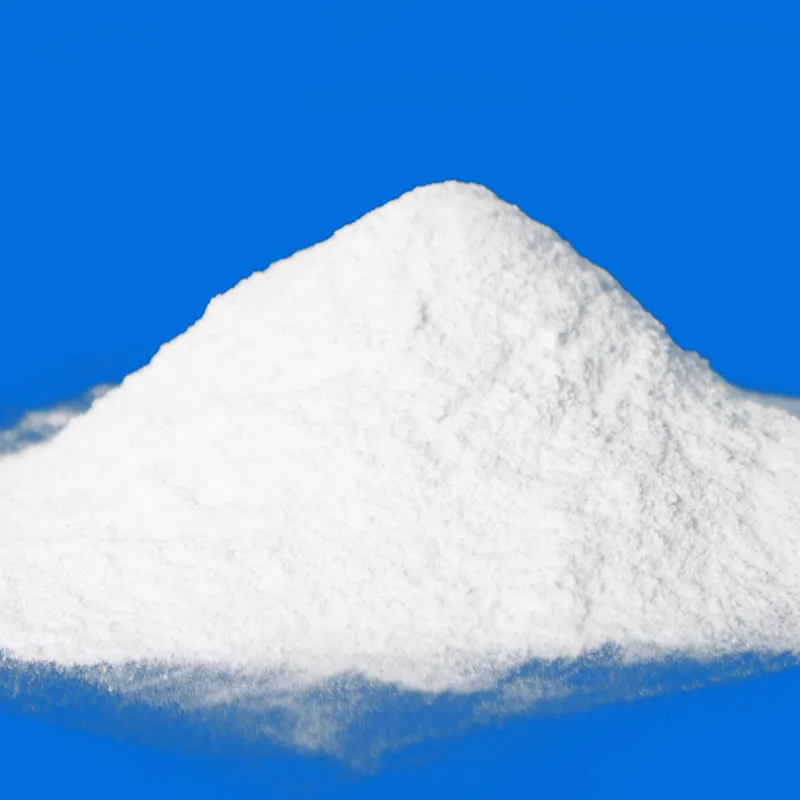
Exploring the Benefits and Uses of Diammonium Phosphate Fertilizer in Agriculture
Understanding Diammonium Phosphate Fertilizer Benefits and Applications
Diammonium phosphate (DAP) is one of the most widely used fertilizers globally, known for its high nutrient content and effectiveness in promoting plant growth. Composed of both ammonium and phosphate, DAP provides essential nutrients that are vital for the development of crops, making it a staple in agricultural practices.
Composition and Nutrient Content
Diammonium phosphate contains approximately 18% nitrogen and 46% phosphorus, along with trace amounts of other essential elements. The nitrogen component supports vegetative growth, enhancing leaf and stem development. On the other hand, the phosphorus is crucial for root development, flowering, and fruiting. This dual benefit makes DAP particularly effective for crops that require high nutrient inputs during their growth cycles, such as cereals, legumes, and tubers.
Mechanism of Action
When applied to the soil, DAP dissolves rapidly and releases its nutrients. The ammonium ion (NH4+) is readily available for plant uptake and can also help improve soil structure by promoting the activity of beneficial microorganisms. The phosphate ions (H2PO4-) are essential for energy transfer and photosynthesis in plants. The quick availability of these nutrients makes DAP a preferred choice among farmers, as it allows for immediate absorption, ensuring that crops receive the necessary nourishment at critical growth stages.
Benefits for Agriculture
1. Increased Crop Yields One of the primary advantages of using DAP is its ability to significantly boost crop yields. By providing essential nutrients, farmers can achieve higher production levels, which is crucial in meeting global food demands.
diammonium phosphate fertilizer

2. Enhanced Soil Fertility DAP not only nourishes plants but also contributes to improving soil health. The incorporation of DAP into soil can enhance microbial activity, contributing to overall soil fertility and structure.
3. Versatile Application DAP can be applied both on the surface and integrated into the soil. It can be used in various forms, including granules and solutions, making it adaptable for different farming practices and crop types.
4. Compatibility with Other Fertilizers DAP can be blended with other fertilizers, providing farmers with flexibility in their fertilization strategies. This compatibility allows for tailored nutrition that meets specific crop requirements.
Environmental Considerations
While DAP is beneficial for crop production, its use does come with certain environmental considerations. Over-application can lead to nutrient runoff, which may cause water pollution and eutrophication in nearby water bodies. It is essential for farmers to follow recommended application rates and consider soil tests to determine the appropriate amount of DAP required for their specific crops.
Conclusion
Diammonium phosphate is a powerful tool in modern agriculture, providing essential nutrients that are critical for optimal plant growth. With its high phosphorus and nitrogen content, DAP helps enhance crop yields, improve soil fertility, and supports sustainable farming practices when used responsibly. The continued research and development in fertilizer technologies will help mitigate any environmental concerns while maximizing the benefits of DAP for global food security. As agricultural practices evolve, the role of fertilizers like DAP will remain vital in ensuring that farmers can meet the increasing demands of a growing population.
-
Understanding Synthetic Rubber OptionsNewsApr.27,2025
-
Trichloroisocyanuric Acid: Essential for Clean and Safe WaterNewsApr.27,2025
-
Sodium Dichloroisocyanurate: Key to Safe Water TreatmentNewsApr.27,2025
-
Sodium Acid Pyrophosphate: Essential in Modern Food ProcessingNewsApr.27,2025
-
Essential Water Treatment ChemicalsNewsApr.27,2025
-
Denatured Alcohol and Its Industrial UsesNewsApr.27,2025
-
The Versatile Uses of Sodium BicarbonateNewsApr.24,2025
Hebei Tenger Chemical Technology Co., Ltd. focuses on the chemical industry and is committed to the export service of chemical raw materials.
-

view more DiethanolisopropanolamineIn the ever-growing field of chemical solutions, diethanolisopropanolamine (DEIPA) stands out as a versatile and important compound. Due to its unique chemical structure and properties, DEIPA is of interest to various industries including construction, personal care, and agriculture. -

view more TriisopropanolamineTriisopropanolamine (TIPA) alkanol amine substance, is a kind of alcohol amine compound with amino and alcohol hydroxyl, and because of its molecules contains both amino and hydroxyl. -

view more Tetramethyl Thiuram DisulfideTetramethyl thiuram disulfide, also known as TMTD, is a white to light-yellow powder with a distinct sulfur-like odor. It is soluble in organic solvents such as benzene, acetone, and ethyl acetate, making it highly versatile for use in different formulations. TMTD is known for its excellent vulcanization acceleration properties, which makes it a key ingredient in the production of rubber products. Additionally, it acts as an effective fungicide and bactericide, making it valuable in agricultural applications. Its high purity and stability ensure consistent performance, making it a preferred choice for manufacturers across various industries.











